In the quest for youthful, radiant skin, retinoids and retinol are often at the forefront of discussions. Both derived from vitamin A, they play a crucial role in skincare, particularly in anti-aging treatments. Research shows that retinoids can significantly reduce the appearance of fine lines and wrinkles; in fact, a study found that 87% of patients saw improvement in wrinkles after 12 weeks of use. While many individuals remain confused about the difference between retinoid and retinol, this article clarifies these terms to help you choose the right product for your skin.
What Are Retinoids?
Retinoids are a class of compounds that include both prescription and over-the-counter products. They are potent derivatives of vitamin A and are known for their effectiveness in treating various skin concerns, including:
- Fine lines and wrinkles
- Acne
- Hyperpigmentation
- Uneven skin tone
4 Types of Retinoids
- Tretinoin: A prescription retinoid often used for acne treatment and skin rejuvenation.
- Adapalene: An over-the-counter option that is effective for acne.
- Retinaldehyde: A gentler form suitable for sensitive skin.
- Tazarotene: A prescription product known for its anti-aging and acne-fighting properties.
What Is Retinol?
Retinol is a specific type of retinoid found in many over-the-counter skincare products, including retinol anti-aging serum. It is considered a gentler option compared to prescription retinoids, making it suitable for those with sensitive skin or those new to retinoids. Retinol is converted into retinoic acid within the skin, which is the active form that delivers the desired results.
4 Key Benefits of Retinol
- Improves Skin Texture: Retinol promotes cell turnover, helping to smooth out rough patches and create a more even surface on the skin.
- Reduces the Appearance of Fine Lines: By stimulating collagen production, retinol can diminish the visibility of fine lines and wrinkles, leading to a more youthful appearance.
- Minimizes Pores: Retinol helps to unclog pores and regulate oil production, which can reduce their size and prevent breakouts.
- Enhances Radiance and Glow: With consistent use, retinol can brighten the skin, giving it a healthy, luminous glow by improving overall skin tone and clarity.
Key Differences Between Retinoid vs Retinol
Understanding the difference between retinoid and retinol is essential for choosing the right product. Here are the main distinctions:
- Strength:
- Retinoids (especially prescription forms) are stronger and provide quicker results.
- Retinol is milder and better for beginners.
- Usage:
- Retinoids often require a dermatologist’s guidance due to their potency.
- Retinol can be found in various over-the-counter products, making it accessible for home use.
- Side Effects:
- Retinoids can irritate, peel, and redness.
- Retinol is generally less irritating but may still cause some sensitivity initially.


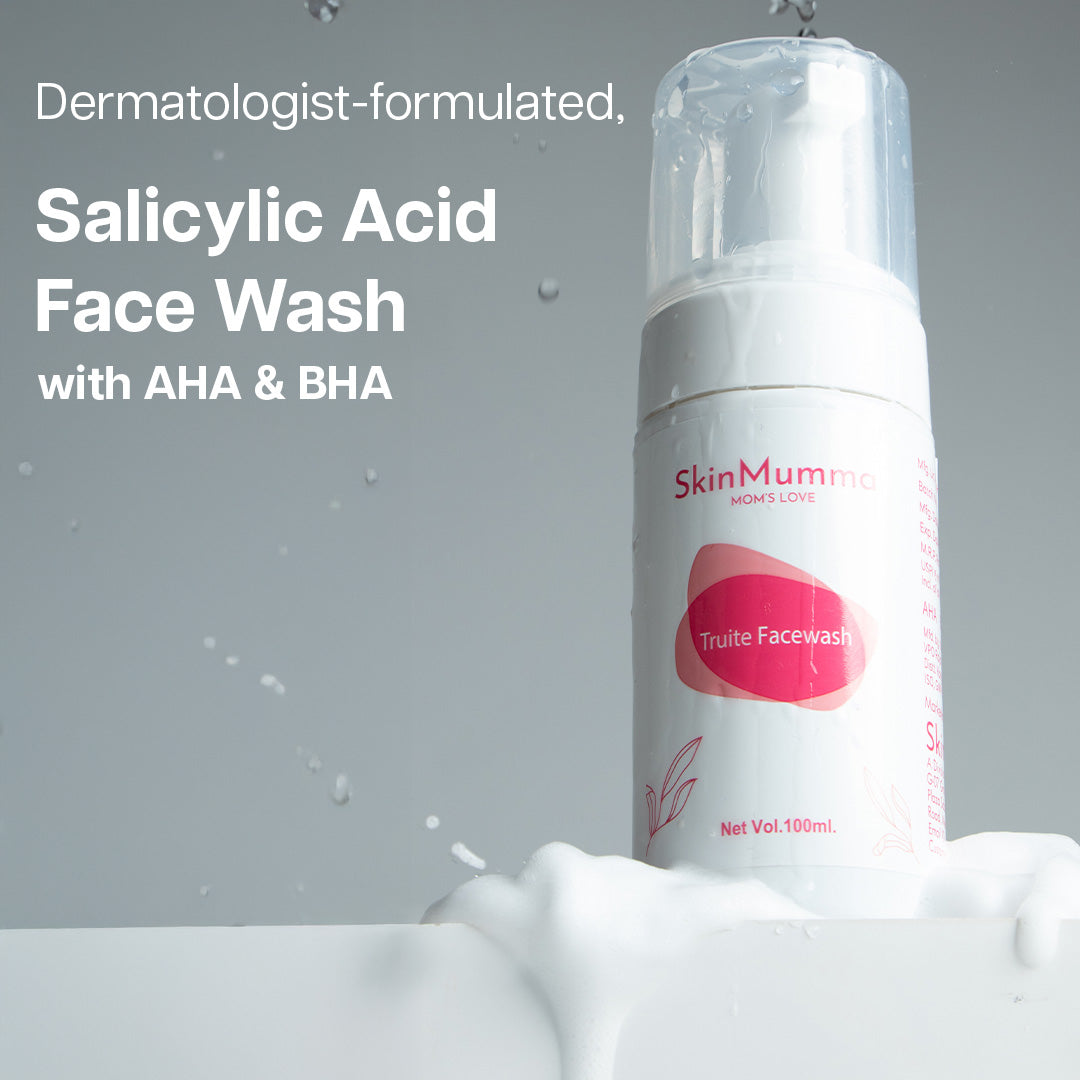
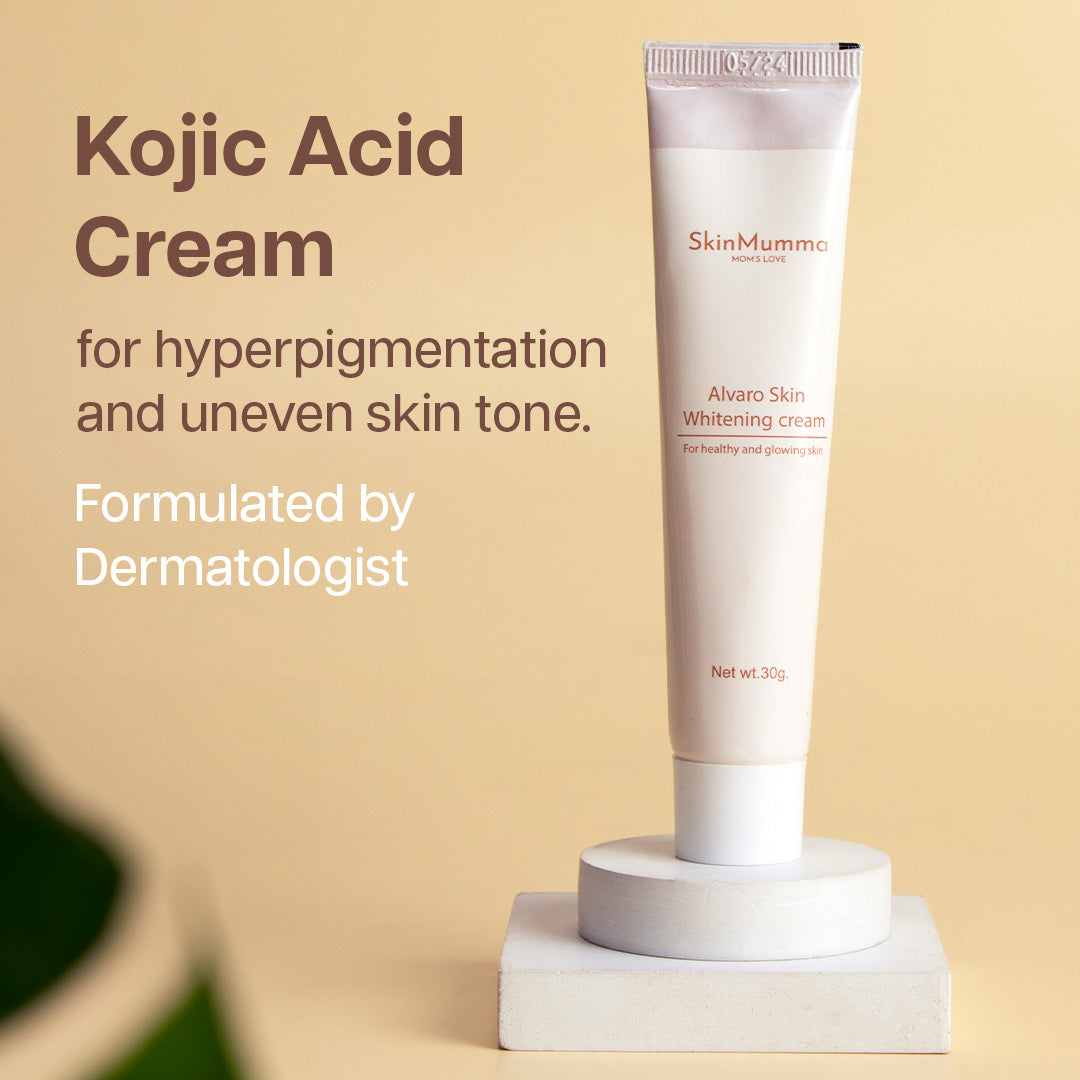
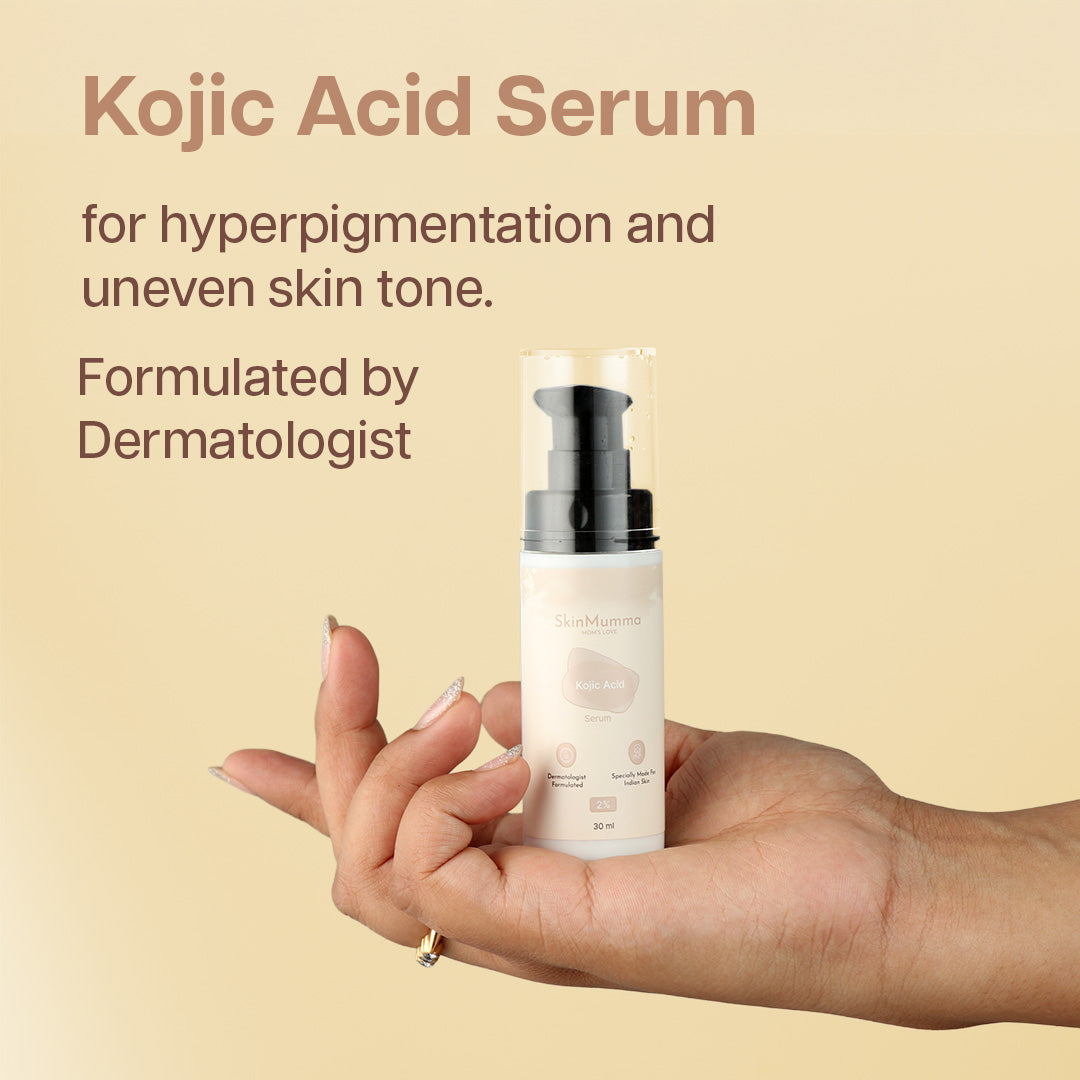
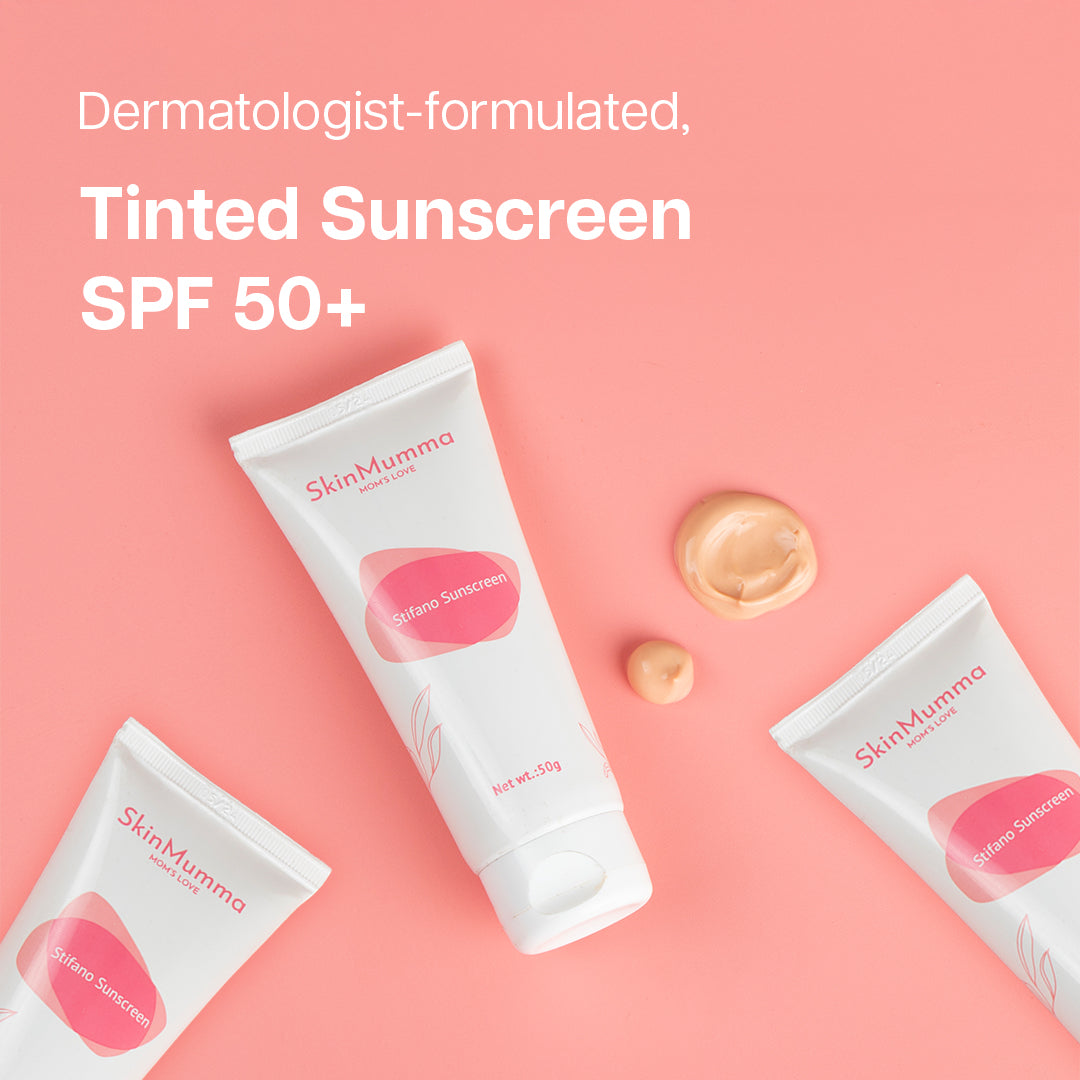
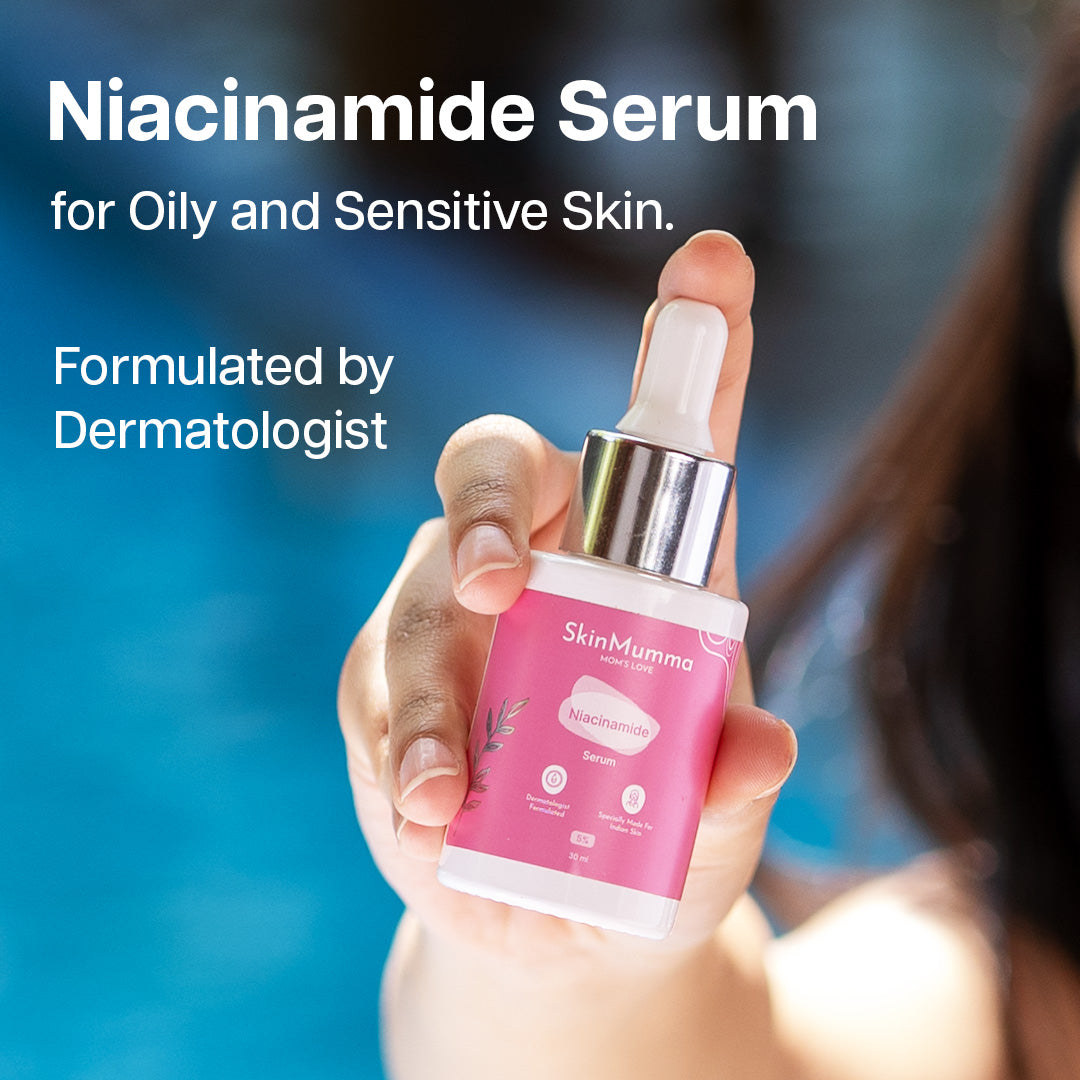
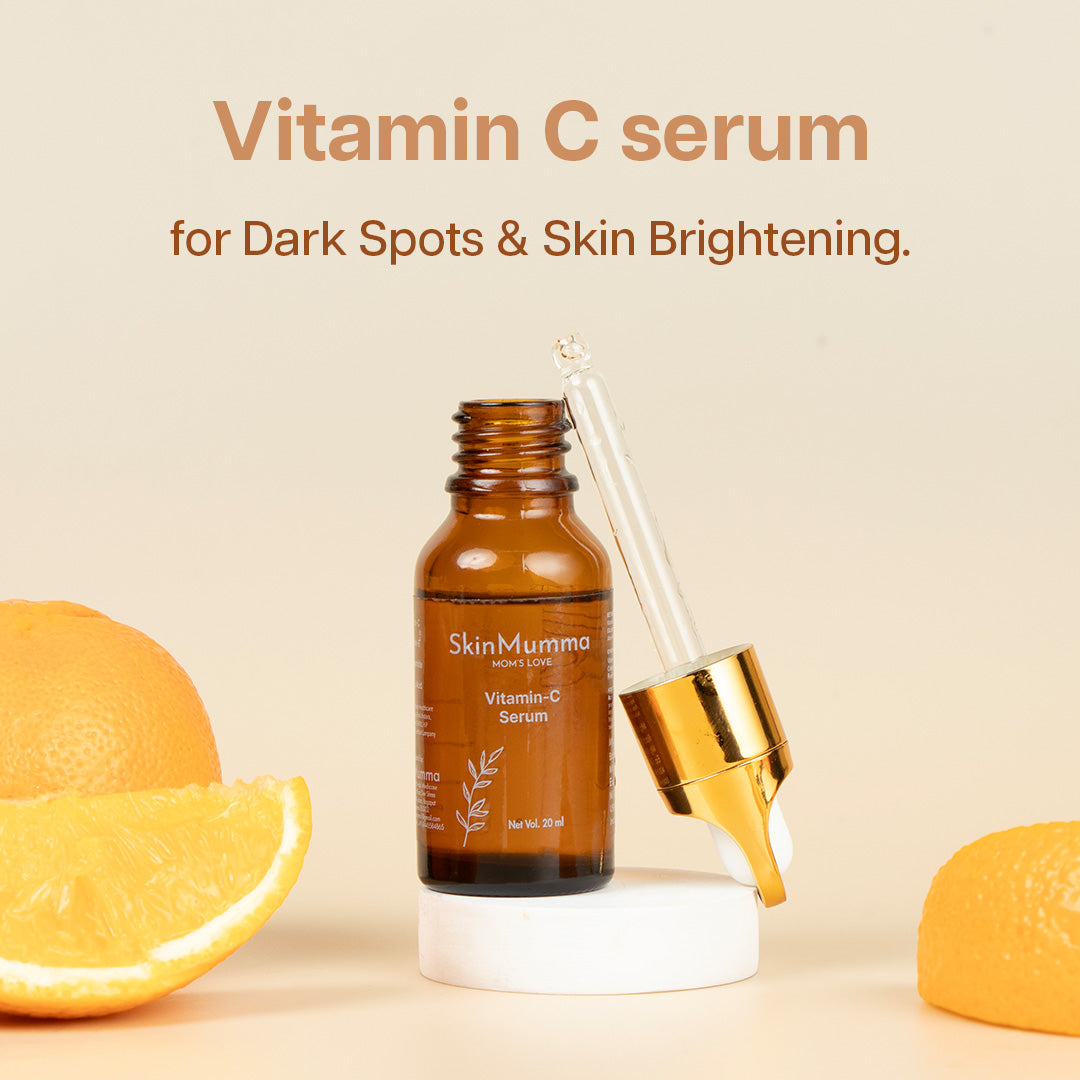




Dr Manisha Bindal is the senior dermatologist and laser skin expert with more than 25 yrs of experience in clinical practice. She has to her credit various advanced skin care procedures and Laser skin treatment protocols including chemical peels, fillers, threads and injections. You can trust the expert hands for any skin or hair related problems or any procedure if need be.